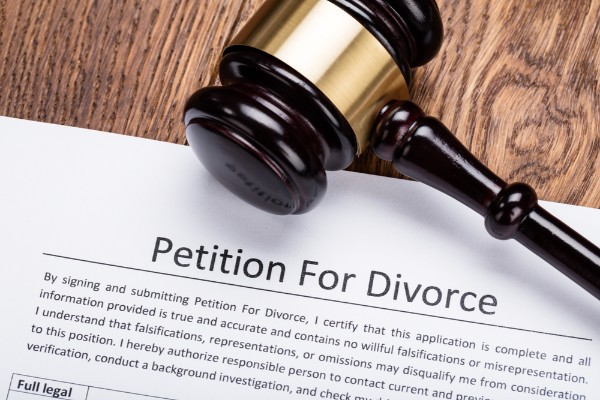Christina just finished unpacking the boxes and setting up her new home in California. Now, she is finally ready to divorce her estranged spouse. Or is she? Before filing the Petition for Dissolution of Marriage, she has to meet certain residency requirements.
What California Law Says About Residency Requirements
California Family Code, Section 2320 states:
(a) Except as provided in subdivision (b) a judgment of dissolution of marriage may not be entered unless one of the parties to the marriage has been a resident of this state for six months and of the county in which the proceeding is filed for three months next preceding the filing of the petition.”
Note that only one of the parties to a divorce has to abide by this residency requirement. This is useful if your spouse lives in another state or country.
In Christina’s case, she has lived in Orange County, California, for only two weeks. She does not meet either residency requirement. She may still have an option, though.
What About Legal Separations?
You don’t have to meet any residency requirement to file for legal separation under California law. Maybe you need (or want) to get your divorce started quickly but have not lived in California long enough. Consider filing for legal separation. This gives you some important protections.
As soon as you meet California’s residency requirements, you then have the option of filing an Amended Petition to switch your case from a legal separation to a divorce.
Christina may consider filing for legal separation. She probably will retain certain marital benefits, including joint health insurance, and can start negotiating a marital settlement with her spouse. As soon as she has lived in California for six months and the county in which she wants to file her divorce for three months, she can decide whether to convert her legal separation case into a divorce proceeding.
Learn More About Filing for a California Divorce
We’re here to help. In fact, the attorneys at the Law Offices of Judy L. Burger are experienced in all divorce-related issues.
Ms. Burger is a California Certified Family Law Specialist and founder of the Law Offices of Judy L. Burger. We assist clients in California’s Northern to Central Coast, including San Francisco, Beverly Hills, Gold River, Santa Barbara, Ventura/Oxnard, and surrounding communities.





